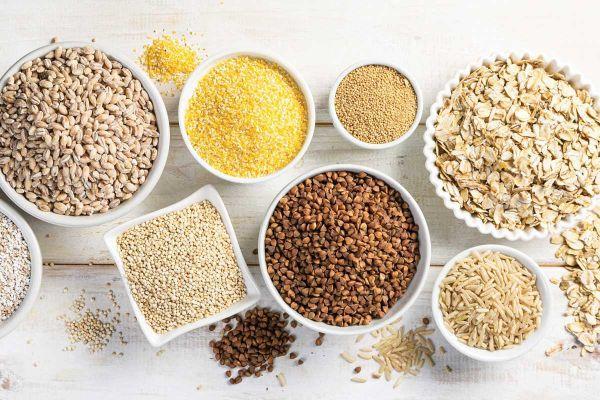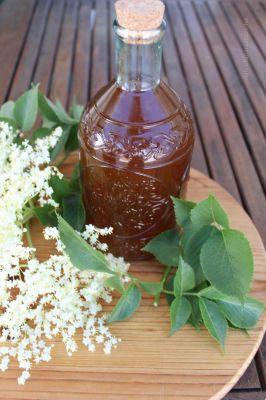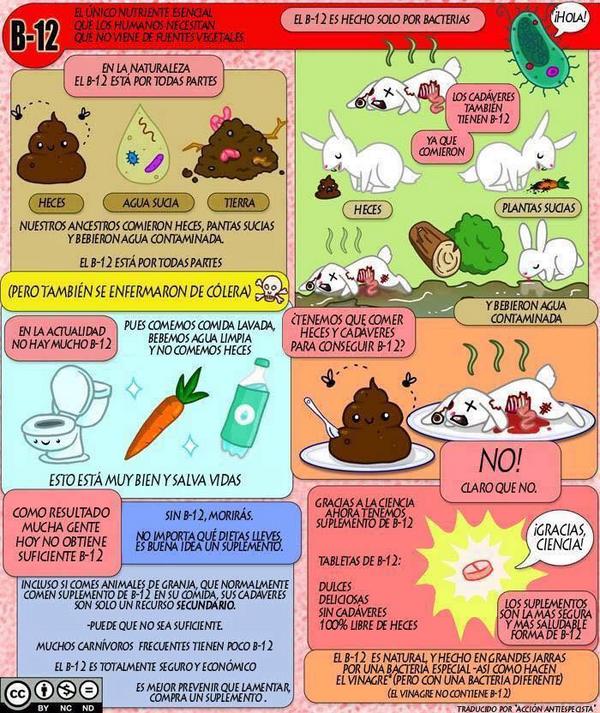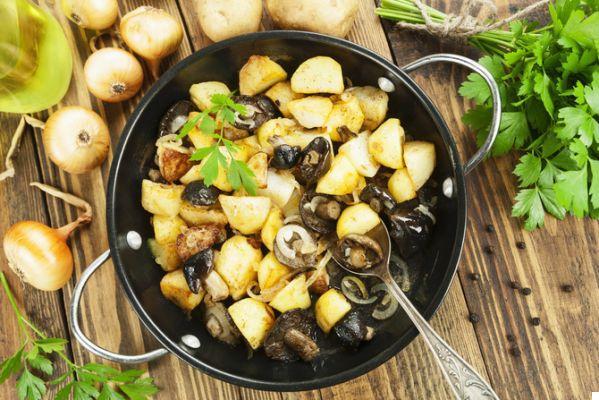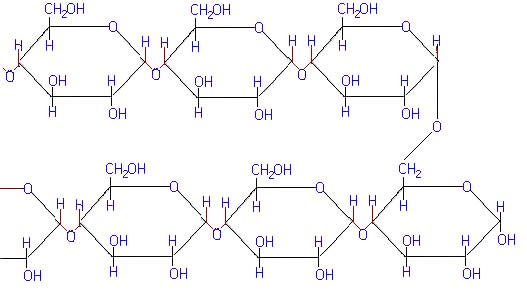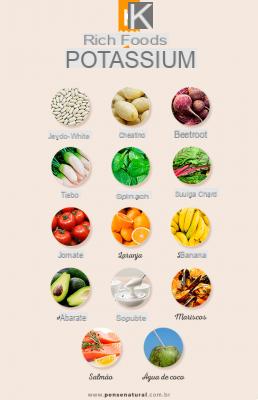
There is little to play with minerals: DIY integration is never a good idea.
Let's take the potassium, for example: it is located atinternal cell, it is essential for their correct functioning and for the physiological function of nerves and muscles, including the heart muscle, namely the heart.
Our body is constantly working to maintain constant levels of potassium in the blood, balancing the amount lost - especially through urine, but also with sweat and during intestinal transit - and that taken with food. If the kidneys are functioning properly, they are able to adjust the amount of potassium eliminated by the body to changes in needs and the amount of potassium consumed with food. When though the level of potassium in the blood becomes excessive you can have them even serious consequences, ranging from cardiac arrhythmia to even cardiac arrest (the heart stops beating).
The table of foods rich in potassium to avoid in case of excess
We assume every day more or less all the potassium we need - except in specific cases - so the real problem is theexcess: the daily intake of potassium in the country is approximately that of the recommended doses (3 g against the 3.2 g of requirements indicated by LARN table).
In case you have to avoid foods rich in potassium, here is an example table the foods richer in potassium:
- beans,
- peas
- asparagus,
- potatoes,
- apricots, especially dried ones
- banana,
- cauliflower,
- spinach,
- peanuts
- in general, fruits, vegetables and fresh meats are rich in potassium
- food supplements of potassium or magnesium and potassium
In general, the contribution of potassium with drinking water he is modest.
Foods rich in potassium: the dangers
If you have consumed in excess of the drugs, of supplements or foods rich in potassium, or if they have developed kidney pathologies, you can go to meet hyperkalemia, or an excess of potassium in the blood, with relative health risks, which often require a pharmacological therapy (calcium and diuretics) as a remedy.
I dangers of a strong excess of potassium are:
- Development of abnormalities of the beat cardiac
- Alterations of the layout of the cardiogramma
- Cardiac arrest
Le massive potassium supplements and foods rich in potassium are to be avoided as they can cause health hazards, in case of:
- retention of mineral salts
- low blood levels of sodium, or calcium, or chlorine
- renal and hepatic insufficiency
- slowing of gastrointestinal transit
The importance of magnesium for the passage of potassium
Magnesium and potassium: a pair of aces. They are the two most abundant minerals within our cells, which always work together: the passage of potassium inside and outside the cells is guaranteed by a mechanism (ion pump) that it works thanks to sodium and magnesium.
We recall in a simple table the beneficial effects of magnesium in these areas and with these functions:
- concentration of blood sugar: stimulating the production of insulin
- pressure arterial: causing blood vessels to dilate
- cardiocirculatory activity: supporting the activity of the heart and reducing the likelihood of atherosclerotic plaque formation
- iirritability, sleep disturbances, fatigue mental: regulates brain activity
- cramps: acting on muscle contractility
Both minerals, magnesium and potassium, are of fundamental importance for cramps, which often occur if there is a deficiency of one of the two or both at the same time, as for example in cases of excessive sweating, or kidney or intestinal diseases.
Read also
> Potassium, effects of deficiency and excess
> High and low potassium, symptoms, reference values, remedies





